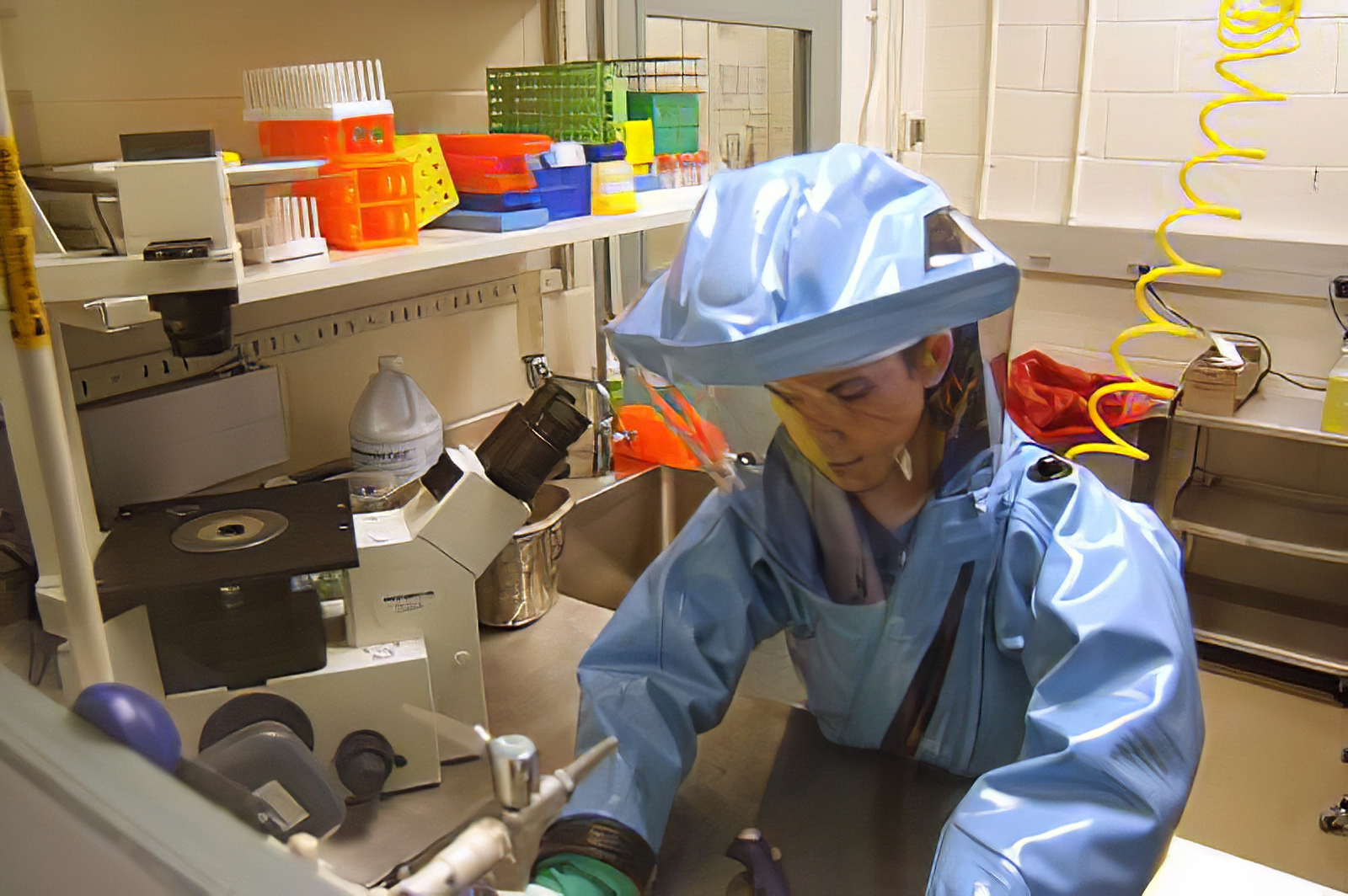I’ve been privileged to be part of this debate, which, of course, is an international debate, because science is an activity which straddles boundaries of nationality and faith more easily than other activities. I’ve been privileged to be part of this international community trying to understand the world and the universe. I’ve done this in a university, but I’ve had the privilege of working with younger colleagues and colleagues all over the world. In astronomy, like in particle physics, we sometimes depend on very expensive pieces of equipment which have to be shared internationally, so that makes our subject especially international. For me, that’s been a bonus.
Science as a calling
Emeritus Professor of Cosmology and Astrophysics
- Science involves piecemeal efforts and the international collaboration of many people to understand what’s happening in a particular area of the natural world.
- Scientists have a responsibility to realise when their work may have a dangerous downside and guard against its use.
- Many decisions made by politicians today have a scientific element, so in order to have democratic debates, it’s important that all citizens have a feel for science and statistics.
Part of a historical debate
I’ve been a scientist specialising in a field that has developed very fast, so although I don’t feel I’ve made any great individual contributions, I’ve been part of a debate which has really deepened and broadened our understanding of the universe we live in. I think when the history of science is written, what has been learnt about the universe in the last 50 years will be one of the real high points, along with discoveries like the double helix and genetics, and Darwin and evolution.

Photo by Pop Tika
The role of imagination in science
Imagination is certainly crucial. Much of our work is fairly routine: following up ideas, gathering lots of data, etc. It’s not all inspirational, but insights are clearly important, and you’ve got to have an imagination to decide which ideas look promising and which are just crazy. That’s where judgment comes in, to have a feel for which ideas are likely to prove fruitful and which ideas can be tested. Science is not just conjectures; it’s conjectures which are tested and verified or refuted by experiments.
One important point is to pick topics to work on that are bite-sized, or not too big to tackle in one go. To give an example, if you ask scientists what they’re doing on a particular day, they probably won’t say they’re trying to cure cancer or they’re trying to understand the universe. They say something which looks rather specific and detailed. But they realise that you could only tackle the big problems in a piecemeal way. Only cranks or maybe one or two geniuses can solve a big problem in one go. Science involves piecemeal efforts by the collaboration of many people to understand what’s happening in a particular area of the natural world. And that’s a satisfaction, because I think the social aspects of science are very important for many of us.
From discovery to application
Our everyday lives depend on scientific discoveries made a century or so ago. There’s a long transition between a discovery and its incorporation in the technology we all benefit from. And the people who do the technology are not the same people as those who do the original thinking. Of course, one shouldn’t be snobbish about this. Sometimes people think there’s something especially rarefied and deep about what pure scientists do as compared to what engineers do. That’s a very dangerous heresy.
My engineering friends like a cartoon which shows a picture of two beavers looking up at a huge hydroelectric dam. One beaver says to the other, ‘I didn’t actually build it, but it’s based on my idea.’ That, I think, more accurately reflects the balance of effort and intellectual power between having an idea and working it through, and developing it so it is actually useful and beneficial. Obviously, the same person isn’t qualified to do the whole transition. Many people are involved. But scientists have an obligation to think about whether their work has a beneficial use and to foster the application of it – not by doing it themselves, but by ensuring that it is taken up.
Guarding against the dangers of misuse

Biosafety level 4 hazmat suit: researcher is working with the Ebola virus.Wikimedia Commons. Public Domain.
Even more important is for scientists to realise that if their work has a possible dangerous downside, they should guard against that being used. There are cases now in terms of biotech, where people realise that it’s becoming easier to create dangerous pathogens. But the classic instance was when scientists realised it was possible to make an atomic bomb. This, of course, happened at Los Alamos in the 1940s. The world has been influenced by that ever since.
I’ve been privileged to know some of the scientists who were involved in making the first bomb. Sadly, they’re all deceased now, but they were great individuals, and many of them were academics. They returned with relief after the end of World War II to their universities and laboratories. But they didn’t regard themselves as cut off from the world. They felt they had an obligation because of their special knowledge to help control the powers they had helped unleash. And it was some of these great scientists – Hans Bethe, Joseph Rotblat, Rudolf Peierls – who tried to promote arms control.
They started the Pugwash Movement, a gathering of scientists from both sides in the Cold War – Russian scientists and American scientists – which tried to promote dialogue and give feedback to their governments. That was an instance where scientists showed social responsibility in feeling they had an obligation to ensure that ideas that they helped to develop didn’t have disastrous consequences. There are more and more cases where that’s going to happen. We’ve got to ensure that all these modern technologies – bio, cyber and AI in particular – are benignly developed, and that those involved are mindful that there are downsides, and they do all they can to guard against those.
The future of science
We’re going to see a very rapid advance in many technologies and sciences in the coming decade or two. We’ve seen huge advances in miniaturisation, which has manifested itself in smartphones, which are quite amazing. We’re now seeing developments in biotech, which will help with medicine and perhaps with genetics to enable us to grow food better, and lead to techniques that will allow us to make artificial meat, which would be a great boon for the world. There are going to be lots of developments like that. But we do have to be wary of the downsides.
We also have to ensure that science remains a profession which attracts young people. They’ve got to feel that they have the opportunity to have original thoughts. And this has to happen in universities, but not just in universities. One thing which I think may happen, and would be benign, is a revival of the serious amateur scientist. If you look back to the 19th century, all the great figures in science – Darwin, Rayleigh and others – were wealthy amateurs.
I think we’re going to see lots of people who may have spent their earlier career in high tech in some way, who are experts in science, and they will be able to make contributions to science. With our interconnected world, with the Internet and access to computer power, it is going to be possible for independent scientists to play a role. It could be that the leading role of top universities in research may be somewhat eroded by the participation of independent scientists at quite a high level, not just what we could dismiss as amateur level. That will be a benign development, in my opinion, which we should encourage.
Why the general public needs science
Even though professional science is going to be a minority pursuit, it’s very important that all citizens have a feel for science, because it’s clear that more and more of the decisions that politicians make have a scientific element to them – be they on energy, climate, health or the environment. If we want to have democratic decisions where the debate involves all citizens and gets above the level of just slogans, then everyone has to have some feel for science and numbers and statistics in order for the debate to be a serious one.
One good feature of the COVID-19 pandemic is that in many countries, the scientists have become media stars, and they’ve become familiar by trying to explain to the public what the issues and uncertainties are. This has helped the public to get a feel for science that is not always cut and dried. Scientists are often groping for the truth, and their understanding develops year by year, even month by month. It’s important that the scientists are listened to when their expertise is relevant, but also that everyone is aware that they are often themselves rather uncertain.
When politicians have to make a decision, then the scientific input is crucial – but, of course, so is the input from ethicists and from economists. In those fields, scientists are just citizens, and they have no expertise. Scientists should realise that politicians make decisions based, hopefully, on the best science, but also taking into account other areas where scientists can’t provide any special background.
Pursuing a career in science

Photo by joker1991
I would advise young people interested in science to go ahead. It’s a fascinating enterprise. But people should pick a subject where new things are happening, where they have new data, new techniques, new discoveries. Otherwise, they’ll be trying to develop ideas already worked through, and the easy part will be solved.
The best thing to do is to pick a subject where new things are happening, and then you can solve problems the old guys never had a chance to solve. That’s something which I’d recommend to any young person thinking of a career in science. But I’d also make the point that there’s a whole variety of sciences. So if you like computing, if you like field work, if you like mathematics, if you like to gather lots of data, then there’s a kind of science for you. You’ve got to pick the kind of science which suits your style. That also includes whether you like collaborating in a big group or working by yourself. Science isn’t just one thing. It’s a whole enterprise where you can work in many different styles and feel you’re still making a contribution.
Discover more about
science as a calling
Lightman, A. and Rees, M. (2025). The Shape of Wonder: How Scientists Think, Work, and Live. Pantheon.
Rees, M. (2022). Is Science to Save Us?. Polity.
Rees, M. (2002). New Perspectives in Astrophysical Cosmology (2nd ed.). Cambridge University Press.
Begelman, M., & Rees, M. (2020). Gravity’s Fatal Attraction: Black Holes in the Universe (3rd ed.). Cambridge University Press.